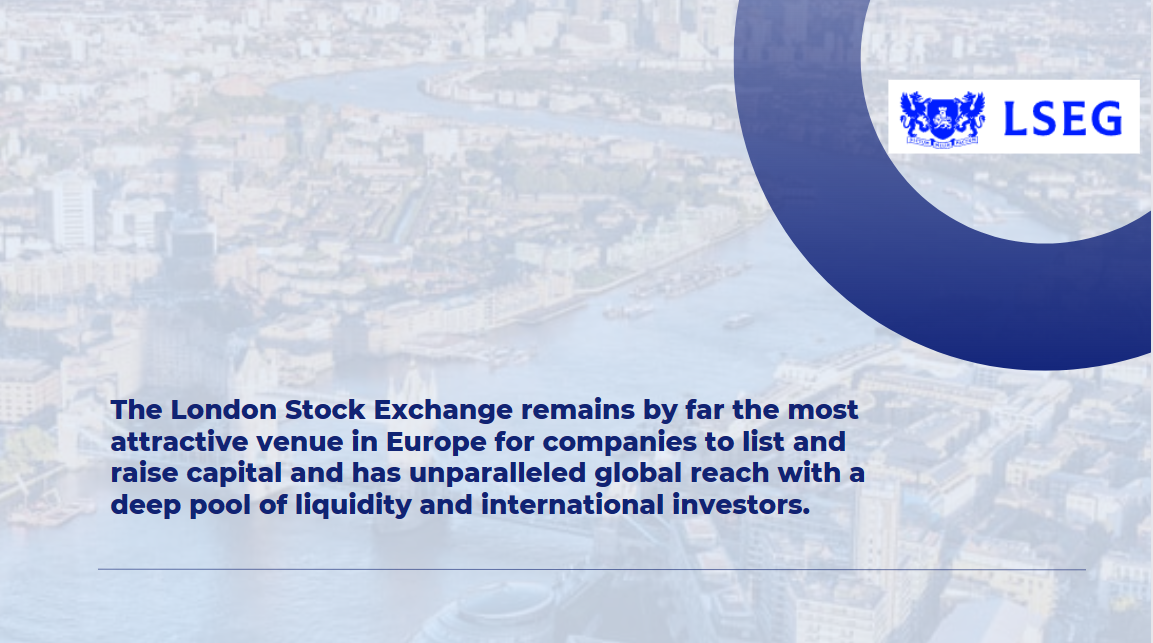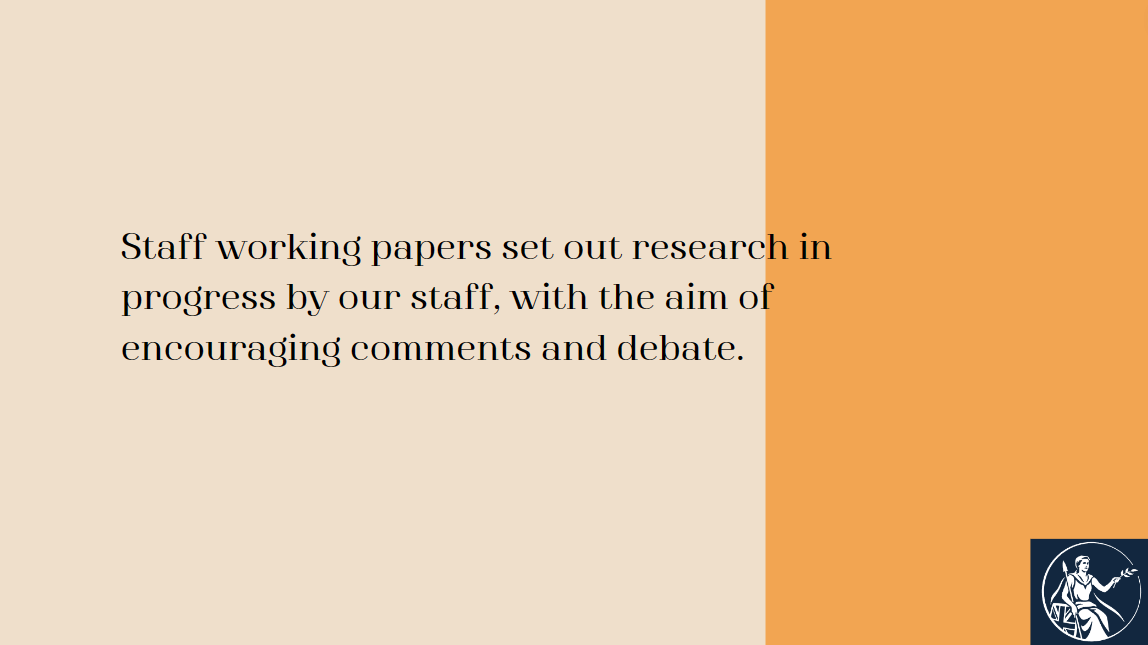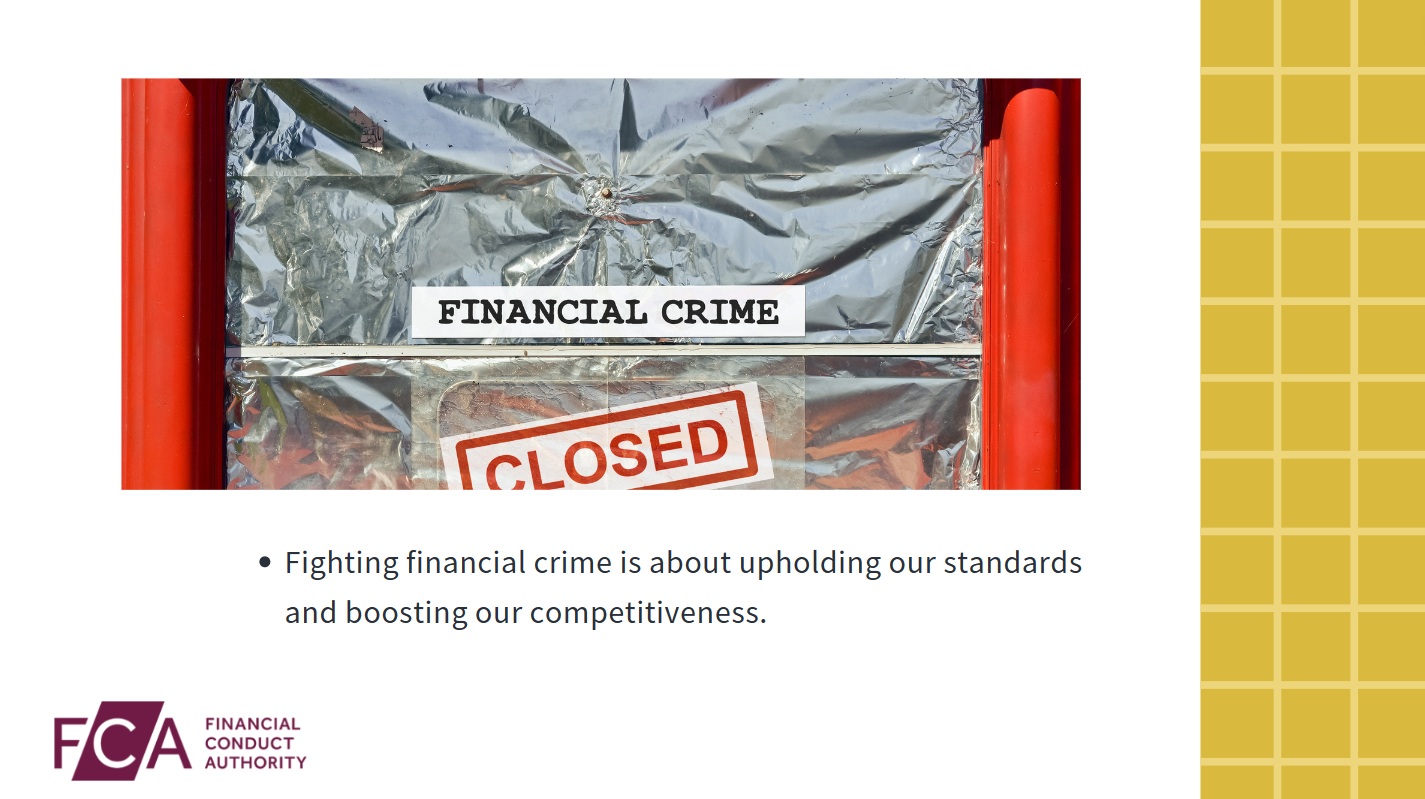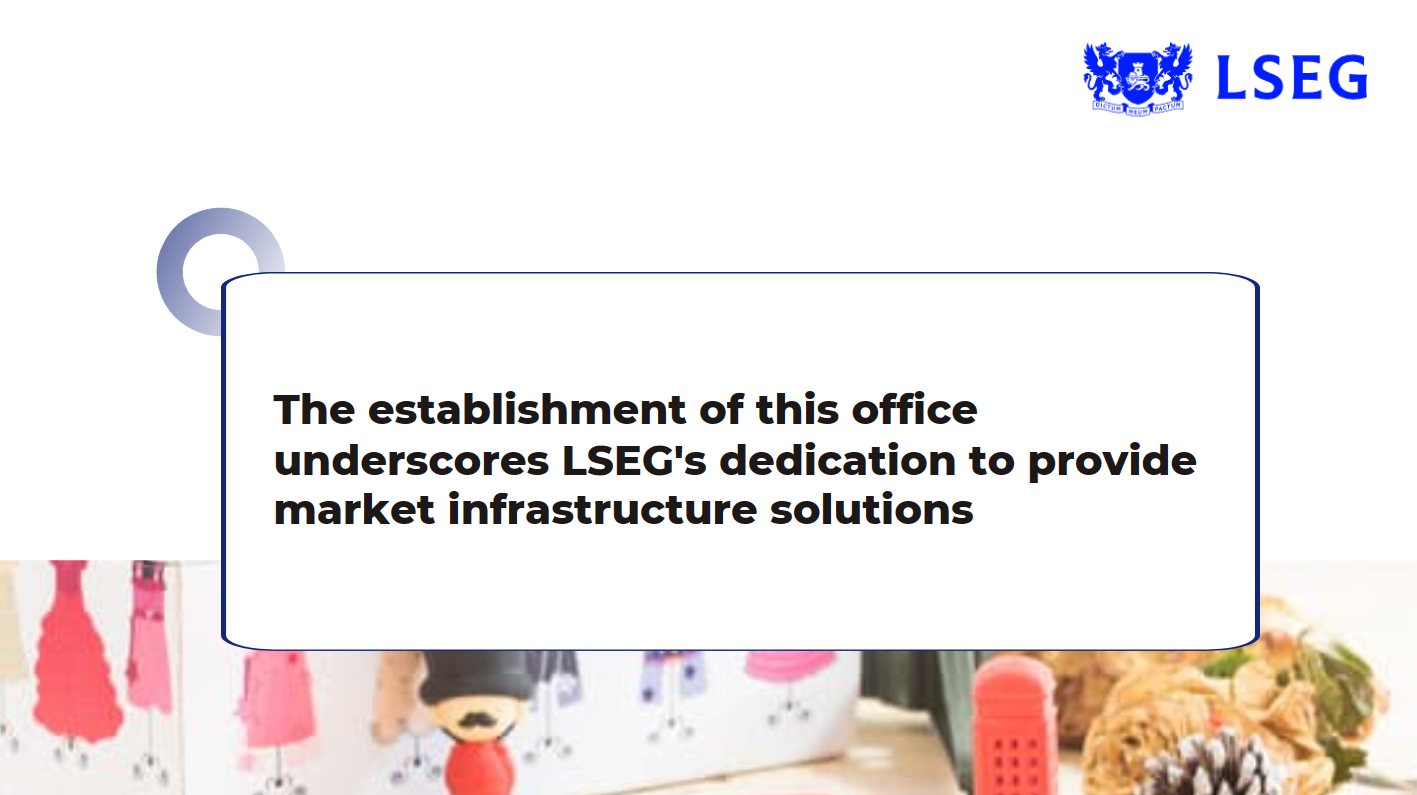Open markets and common causes: International collaboration and the modernisation of financial services regulation in the UK
Speaker: Ashley Alder, Chair
Event: Eurofi Conference, Santiago de Compostela
Delivered: 13 September 2023
Note: This is a drafted speech and may differ from the delivered version
Highlights
♦We will work alongside EU and global partners who are also pursuing pathways to sustainable economic prosperity whilst tackling the same financial sector risks, sharing and reflecting on best practice.
♦We want to encourage efficient international investment flows based on strong cooperation and ensure that we can address risks which frequently know no borders. All of this will enable both EU and UK businesses to grow and thrive.
♦We therefore welcome closer collaboration, working in partnership when developing common standards to avoid unnecessary and costly regulatory fragmentation.
Introduction
The last time I spoke at Eurofi was as Chair of the International Organisation of Securities Commissions (IOSCO) Board and CEO of Hong Kong's markets regulator.
I passed the IOSCO baton into the very capable hands of Jean-Paul Servais last October, who you will hear from shortly.
This year I took up a very different role as Chair of the UK's Financial Conduct Authority. And notwithstanding the vast range of domestic issues falling within the FCA's remit, I know from past involvement with IOSCO and the Financial Stability Board (FSB) that the challenges facing all financial regulators – most recently the impact of artificial intelligence (AI) – require more international cooperation than ever before.
UK-EU MoU
It is with this mindset that we welcome the recent signing of the UK-EU Memorandum of Understanding on Regulatory Cooperation in Financial Services. And we especially look forward to the first Regulatory Forum later this year.
The scale and interconnected nature of EU and UK financial services sectors speaks for itself. For instance, around £2.4 trillion of assets are still overseen by UK based investment managers on behalf of EU clients. So, building a constructive relationship appropriate to this high level of interconnectivity will inevitably result in considerable benefits for all.
In fact, this is a main reason why I and my FCA colleagues are here in Santiago.
We also welcome dialogue on the broader international agenda, where more often than not the UK and EU have very similar views and ambitions. So, in the short time I have I'll touch on some aspects of global cooperation in which the FCA is playing a pivotal role, starting with climate. And I'll finish with some thoughts on the extremely significant regulatory reform agenda now underway in the UK.
Climate
The scenes we have witnessed across Europe this summer obviously speak to the urgency of inter-governmental climate action and underscore the FCA's commitment to strengthen the whole regulatory framework for sustainable finance.
A key area of focus has been the effort to build sustainability-related reporting standards at the real economy level. This aims to avoid a confusing, disjointed regulatory approach to a global climate emergency which doesn't respect borders.
The FCA therefore welcomes IOSCO‘s recent endorsement of climate reporting standards issued by the International Sustainability Standards Board. We are proud to have co-chaired this IOSCO work, helping pave the way for international adoption of a reporting framework which should limit greenwashing and underpin the credibility of the whole sustainable finance agenda.
Discussions aimed at achieving sufficient alignment between the newer International Sustainability Standards Board (ISSB) standards and an ambitious EU sustainability disclosure agenda were understandably challenging. But we were impressed by the willingness of the European Financial Reporting Advisory Group (EFRAG) and other EU authorities to work towards a sufficient level of interoperability to avoid companies being faced with reporting under conflicting rules. We now look forward to working with our European partners to embed the ISSB standards across international capital markets.
In the UK we also aim to take climate reporting to the next level by consulting on critical guidance for climate transition plan disclosures under a new framework developed by our Transition Plan Taskforce, which I’m helping to launch next month.
This recognises that companies need to provide financial markets with meaningful information on how they are adapting business models to whole-economy decarbonisation programmes.
The Taskforce is leading the way to define what a good practice transition plan should look like, and how this can be implemented in synchronisation with ISSB standards.
And we are of course keen to promote global alignment in this crucial aspect of sustainability reporting through close collaboration with our European and global counterparts.
Crypto
Switching to consumer protection and market integrity, we see similar co-ordination opportunities internationally, along with our European partners, on crypto. Because of the ways in which crypto businesses routinely transcend national borders and evade accountability, it makes sense to look at ways in which we can tackle the risks in this sector in lockstep with our counterparts across the globe.
Although many regulators are still in the early stages of developing their approaches we have already seen vital collaboration through the crypto and digital asset working group within the IOSCO Fintech Task Force.
Here the FCA has been leading 130 EU and global regulators to develop critical global standards, delivering a comprehensive crypto and digital asset consultation report earlier this year. In my view this could not have come soon enough following the extremely troubling circumstances in which many prominent crypto businesses failed last year.
NBFI
On the broader financial stability front UK and European regulators continue to act on lessons learnt from episodes of dysfunction. These include recent failures in activities broadly categorised as Non-Bank Financial Intermediation – or NBFI – ranging from the default of Archegos to problems in opaque nickel and Liability-Driven Investment markets. These examples further highlight how we can only properly manage risks in wholesale markets through close cooperation and data sharing among regulators and market participants.
It's therefore encouraging to see that the FSB and IOSCO are heading towards a set of concrete policy outcomes for NBFI activity informed by analysis and data drawn from both market regulators and central banks.
Once again, the FCA is closely involved in driving this work together with our European partners, co-chairing a key IOSCO group with the French Autorité des Marchés Financiers to develop a full suite of NBFI policy proposals. We are also looking forward to contributing to the FSB’s upcoming Leverage Working Group.
And on a personal note, I was pleased to see an FSB report issued last week highlighting the risks of synthetic leverage in hedge funds and other non-bank sectors. I and other regulators voiced concerns about hidden leverage as the interest rate cycle started to turn back in 2021, so it’s good to see that this is now a specific area of policy development.
UK REUL and a modern regulatory regime
Shifting to the domestic arena, the FCA's own remit has been fundamentally reshaped following July's passage of the UK's Financial Services and Markets Act. This legislation is a game-changer for us, formalising what will be a multi-year, intensive programme to tailor financial services regulation to UK markets.
In doing so we are committed to establishing an agile and coherent UK financial services regime that will boost investment and keep pace with the changing needs of firms, markets, and consumers.
And here I think it would be helpful to set out some basic principles on the international dimension of this in light of the UK's position as leading global financial centre.
First, we will ensure that any reforms are effective and proportionate, simplifying and standardising requirements where possible. And while I think we need to avoid talking about reforms in terms of “divergence” between the EU and UK, we will not be pursing change for change's sake.
Second, we will work alongside EU and global partners who are also pursuing pathways to sustainable economic prosperity whilst tackling the same financial sector risks, sharing and reflecting on best practice.
Third, we will contribute to and promote strong global regulatory standards.
Finally, in developing our rules, we will ensure that we consider the costs to firms who are globally active and are thereby subject to different regulatory regimes.
On which point, it is worth highlighting that in a number of key areas the EU and UK are pursuing similar reforms which, although not identical, signal common causes.
For example, the EU is seeking to introduce a consolidated tape in its recent MiFIR Review, which echoes the UK Treasury’s announcement about legislation for greater trade transparency. The FCA's own consultation on a proposed framework for a consolidated tape for bonds closes this Friday, which also sets out criteria for how a commercial tape service provider would operate.
This single instance is sufficient to illustrate how EU and UK authorities can learn from one another. Others include ESG labelling and disclosure requirements for investment funds, the UK's recent consultation on a framework for the regulation of crypto assets alongside the EU's MiCA reforms, the regulation of ESG ratings agencies, and MMF reforms. There are many others I simply don’t have time to mention.
Our ESG labelling proposals are a good example of our determination to ensure that UK regulation is internationally consistent but also works well for UK consumers and markets. In this instance firms will be able to build on much of their work under EU ESG classifications, but our requirements will go further by providing more clarity for consumers. But to help firms better understand the relationship between EU and UK approaches we mapped our proposals to EU – as well as US – ESG categorisations to show how they might interact. And we of course look forward to working with the European Securities and Markets Authority (ESMA) as it continues to develop its own naming and disclosure proposals.
Global outlook
So, I’ll conclude by emphasising something that hardly needs saying: that UK markets will remain open, effective and grounded in world-leading standards.
We want to encourage efficient international investment flows based on strong cooperation and ensure that we can address risks which frequently know no borders. All of this will enable both EU and UK businesses to grow and thrive.
We therefore welcome closer collaboration, working in partnership when developing common standards to avoid unnecessary and costly regulatory fragmentation.





















































First, please LoginComment After ~